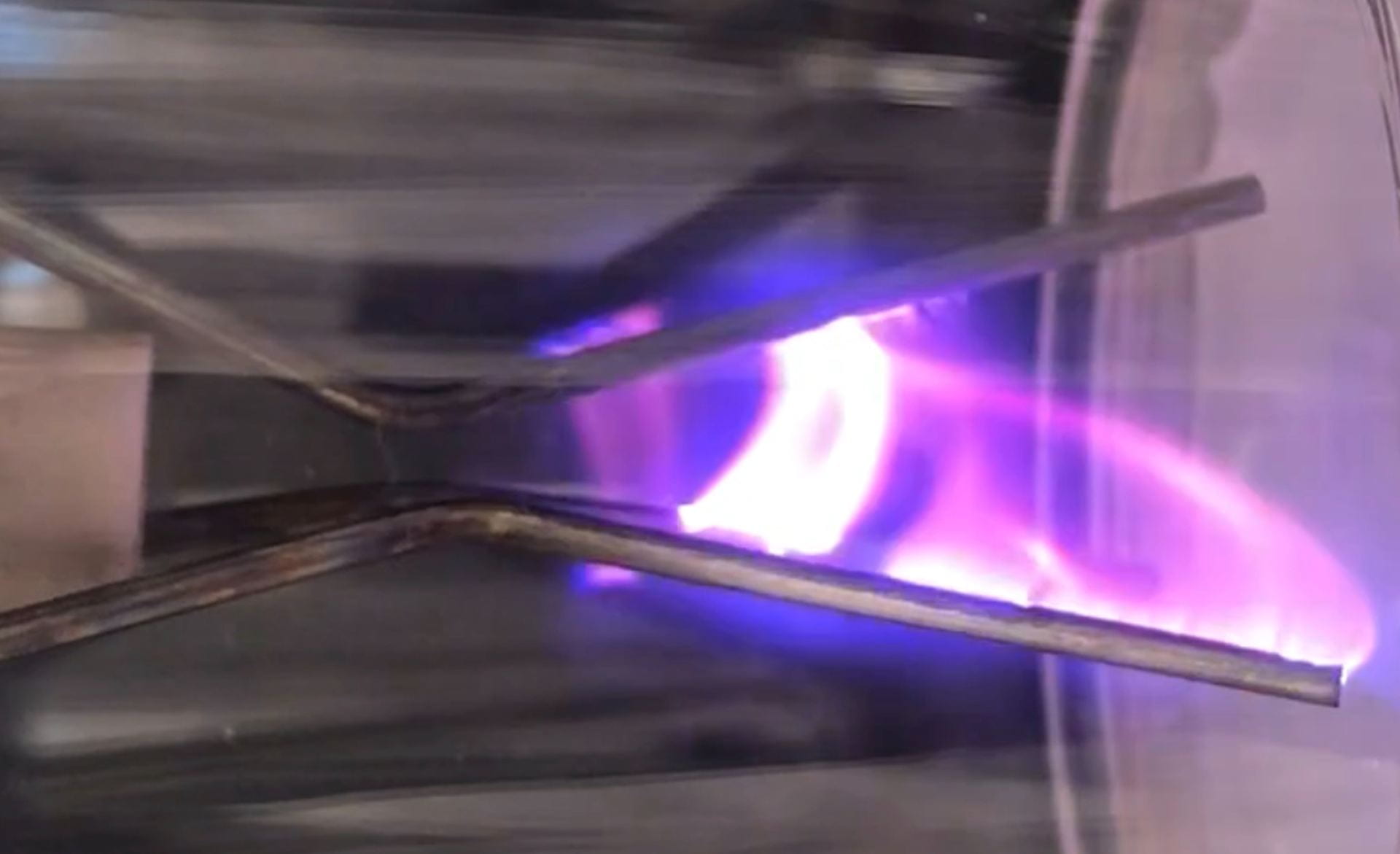The course focuses on the fundamental understanding of transport processes from a multiscale and multiphysics perspective, and the application of such understanding to the analysis of energy engineering systems. The equations describing the mechanisms for mass, momentum, charge, and energy transport are derived. Approaches for the evaluation of material properties and constitutive relations are reviewed. Emphasis is placed on a holistic view of transport processes as combinations of transient, advective, diffusive, and reactive phenomena. Applications associated to energy generation, conversion, and distribution processes are discussed. .
Objectives
At the end of the course, the student should be able to:
- Identify the different types of transport processes occurring in diverse Energy Engineering systems.
- Understand the mechanisms of transport of mass, momentum, and energy from macroscopic, microscopic, and molecular perspectives.
- Identify analogies among the different types of transport in terms of phenomenological behavior (e.g. similitudes in fluxes and potentials) and mathematical models (e.g. advective and diffusive terms).
- Estimate the transport material properties of viscosity, thermal conductivity, and diffusivity.
- Solve generic one- and two-dimensional scalar transport problems using numerical techniques and computational tools.
- Understand and apply concepts and methodologies of interface transport.
- Formulate and solve macroscopic mass, momentum, and energy transport problems.
- Recognize transport processes involved in fundamental phenomena such as thermoelectricity, semiconductors, as well as in engineering applications such as fuel cells and thermal energy storage.

